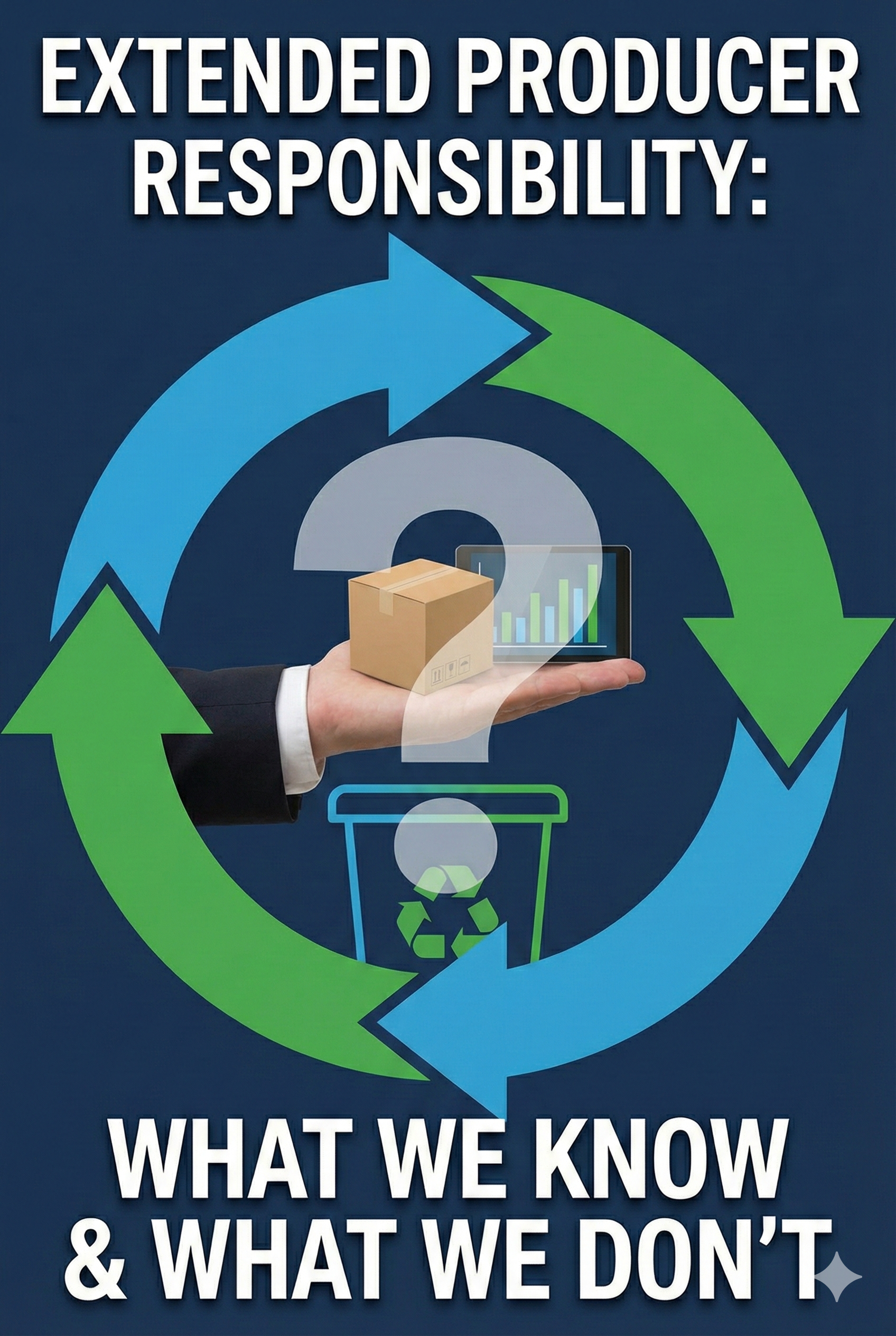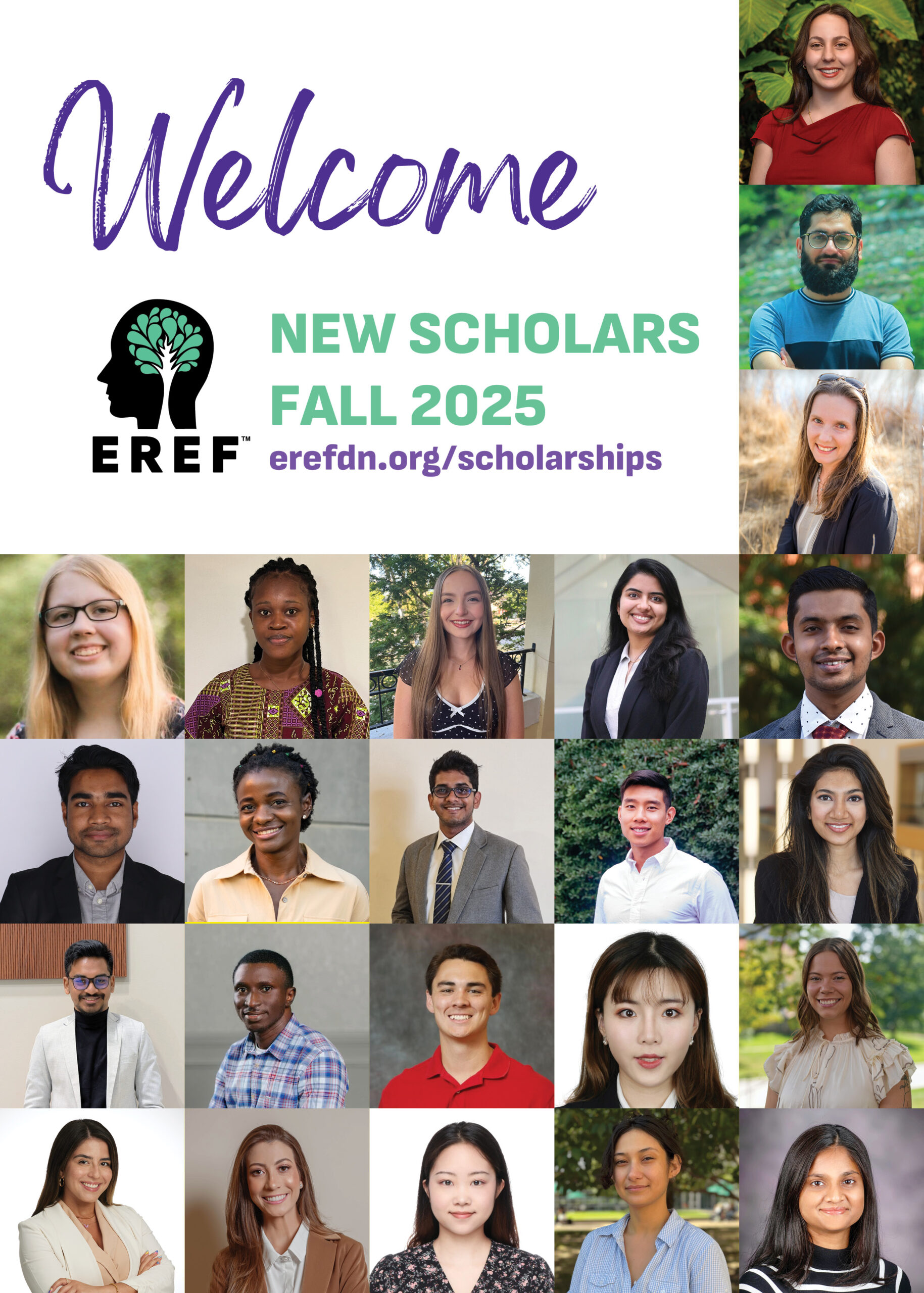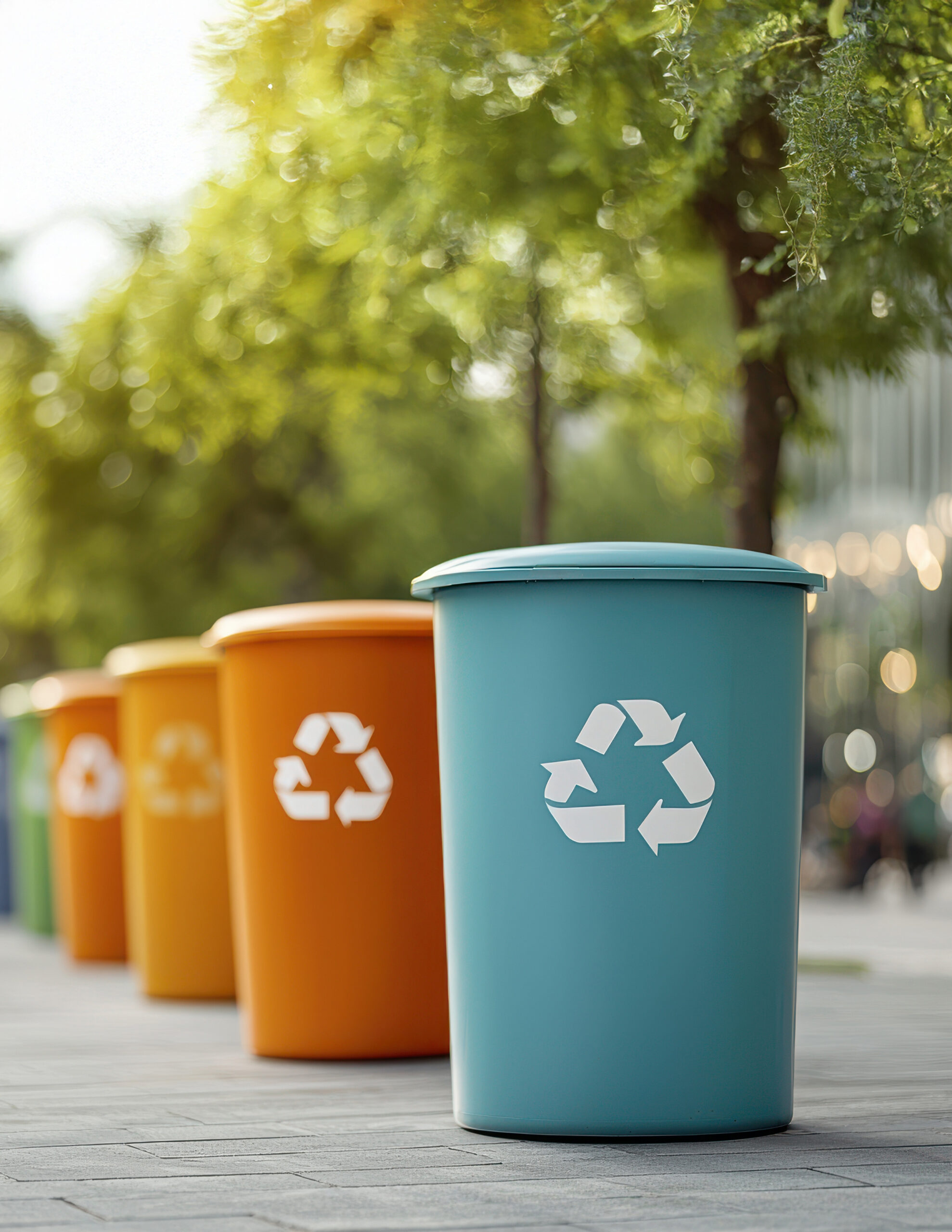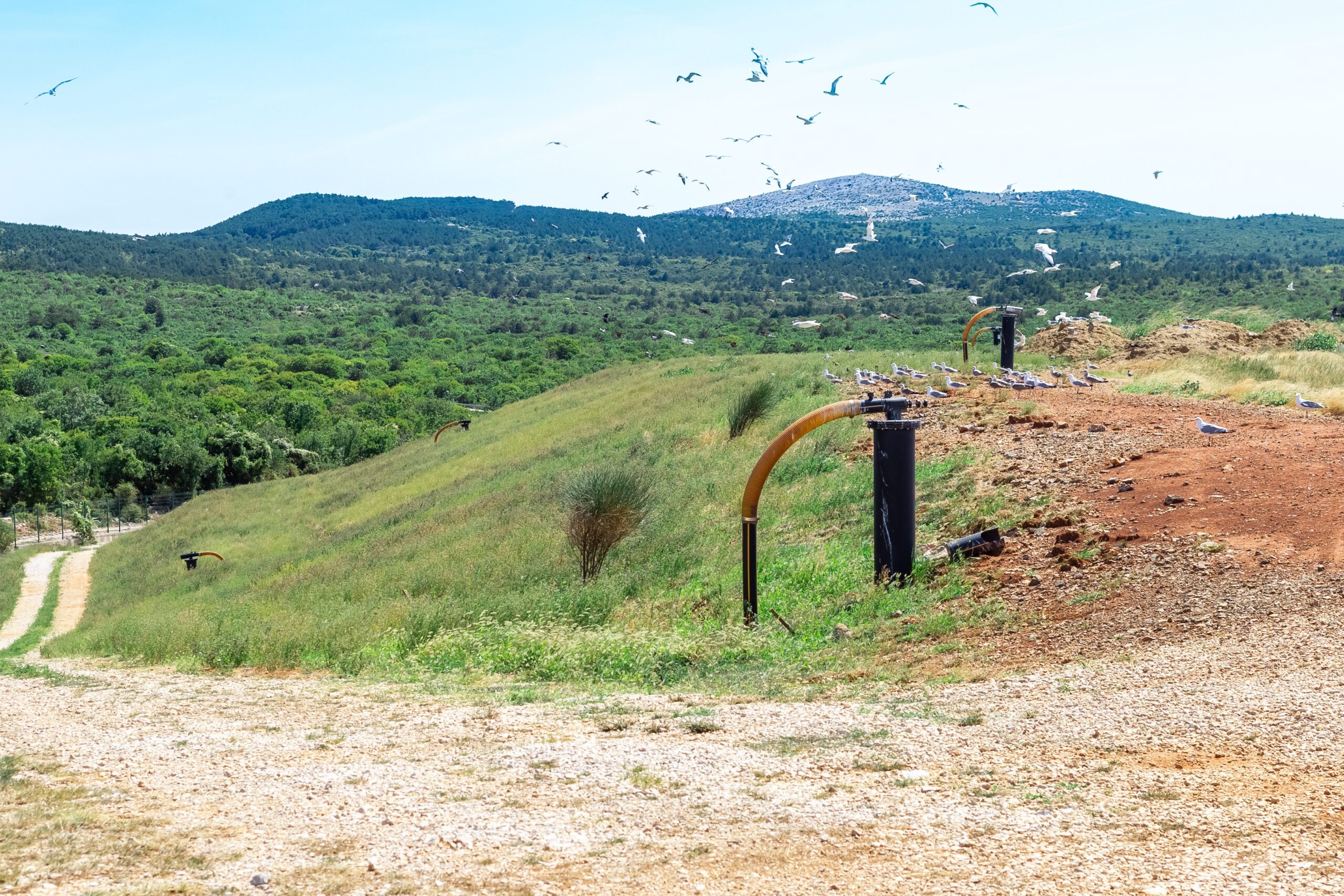Siloxane Removal from LFG Using DBD-Plasma: A Feasibility Study for TRSWA
Siloxanes or volatile methyl siloxanes are present in trace amounts in landfill gas (LFG). During LFG combustion, these compounds are converted into silicates and micro-crystalline quartz, which leave hard deposits on engine parts leading to abrasion and impact damage and inefficient heat conduction, ultimately resulting in increased operation and maintenance costs and reduced engine life. This specific issue was observed when LFG from the Three Rivers Solid Waste Authority (TRSWA) landfill was routed to and combusted in a boiler operated by Kimberly Clarke (K-C) through a partnership with K-C and Siemens that was established in 2007. K-C must conduct additional maintenance because of the presence of siloxanes. The primary objective of this project is to evaluate the feasibility of using this plasma-assisted siloxane removal technology at TRSWA. Work will be conducted to tailor the NTP technology to result in optimal removal of siloxane from TRSWA LFG, while enhancing conversion of components of the gas to useful products of economic value.
Specific questions we propose to answer during this work include:
- What is the composition of the LFG (e.g., siloxanes, methane, trace organics) at TRSWA and how does this change with time?
- How efficiently can siloxane be removed from TRSWA LFG gas and what factors influence this removal?
- What are the optimal conditions for siloxane removal and do these change with time and/or LFG composition?
- How much solid product of value can be generated and how can this product generation be optimized?
- Is methane converted to hydrogen gas a result of this system and what controls this conversion?
- Is this process economically feasible and which factors drive the economic viability of this approach?
Research Partners: Dr. Shamia Hoque; Dr. Nicole Berge
Funding: $81,284





